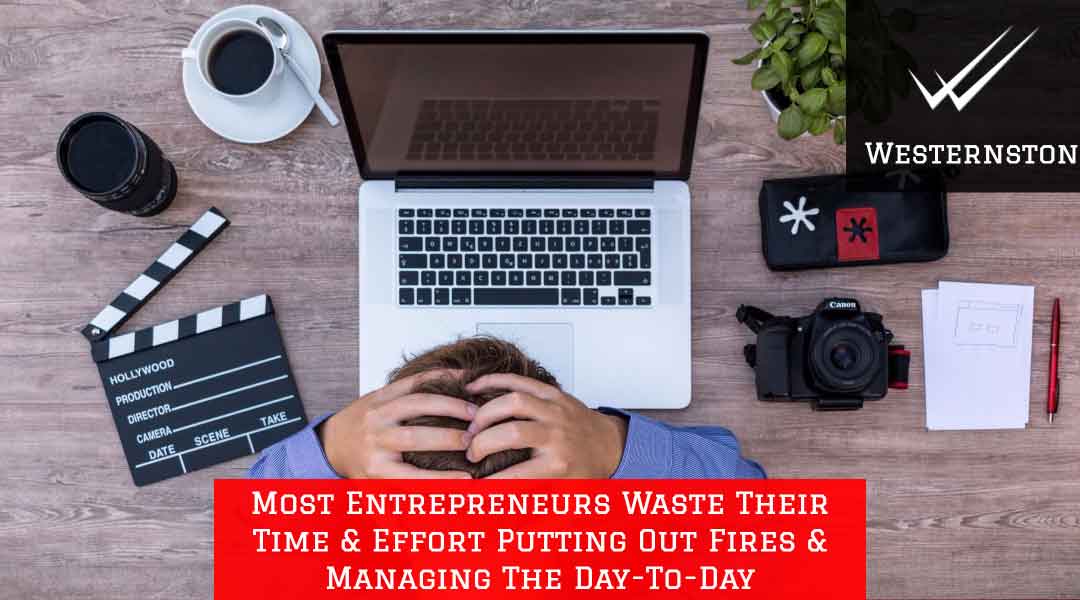If you thought your profession, trade or job is safe from the inevitable onslaught of AI and robots... from the consequences of automation... think again. Because surgeons surely will have to.
Consequences of Automation
The Telegraph reports...

Scientists have revealed a robotic drill that can cut the most sensitive brain surgery down from two hours to two and a half minutes.
The machine, developed at the University of Utah, is being hailed as a potential breakthrough in survival for brain patients as the reduced time they spend in surgery will drastically cut the chances of infection.
Researchers say can make one type of complex cranial surgery 50 times faster than standard procedures.
Fifty times faster.
In other words, this robotic drill can perform 50 times more procedures each year than a neurosurgeon.
In yet other words, this AI enabled robot can potentially put 50 neurosurgeons out of commission.
Fifty at the very least. Actually more like 200. Because one can assume that the drill doesn't need nearly as much downtime, sick time, or recreational time as a doctor. Nor does it cost the hospital hundreds of thousands of dollars in terms of salary.

Those are the inevitable consequences of automation for you.
And if you thought there's got to be some negative aspect of using this drill instead of trusting the surgeon's steely nerves, think again...
...the drill produces fast, clean, and safe cuts, reducing the time the wound is open and the patient anaesthetized, which also decreases the chances of human error, as well as the cost of surgery.
In complex surgeries, especially cranial surgeries, surgeons typically use hand drills to make intricate openings, adding hours to a procedure.
Not only is it faster, it's also cleaner and safer. And since it takes less time, the chances of infection are also lowered. It makes neurosurgery significantly cheaper, and thusly available to those who couldn't afford it before.
Now, you may be wondering...
What Has AI Got To Do With Business Leaders?
Well, the answer is... everything.
Firstly, most of what entrepreneurs, small business owners and leaders spend their time doing is not exactly the best use of their time.
Business owners spend a lot of time putting out fires. Dealing with the difficult clients. And difficult staff. And difficult vendors. So on.
Then, a lot of time is wasted in just running the business. Doing the day-to-day. The cash management. The check signing. The product delivery. Supervision of operations.

And finally, most of this time is spent without focus.
In fact, most leaders spend more time IN the business than they do ON the business. And a large number never spent ANY time ON the business.
Is it a wonder people believe businesses are hard to grow?
But I digress...
The point is, most of what you may be doing right now is probably redundant. Or at least, easy for an AI enabled robot to perform.
Not only can you hire someone at very low wages to do it... soon enough your competitors will hire AI robots to do it.
Which means, they might have an unprecedented kind of unfair advantage.
They'll have a battalion of robots doing what you do... Only each of the robots is likely to be 10x more efficient. And fast. Clean and untiring. More effective too.
And secondly, if you haven't systemized your business' operations yet... you might never be able to. Pretty soon, your competitors (the ones who've already systemized their operations) will get on with replacing their employees with cheap, efficient and super productive robots. While you'll have no idea where to start because your business systems aren't documented and regimented.
Like it or not...
The Robots are Coming
And they are likely to replace a lot of people.
A LOT. Including neurosurgeons. And rocket scientists. And musicians. Even advertisers.

The question isn't whether or not robots will replace millions of human workers. The question isn't even when. It's bound to happen sometime within the next decade or two. At least all omens point that way. Those are the inevitable consequences of automation.
The real question is...
Will you will be one of those replaced by robots?
And that largely depends upon systems. Business systems, to be precise.
If you have a systemized business, you're free to engage in creative work. That's where innovation happens.

But if you're stuck in the daily grind of running a business and putting out fires... You are at risk.
Which brings me to our Diagnostic Quiz.
As a business owner, you need to know where you stand. Ideally, you'd have a dashboard for every important metric. But even if you don't have that right now, let's get you started with a quick diagnosis of your business' current condition. It takes only 12 minutes, and you can take it right now, and get your results instantly right here.
